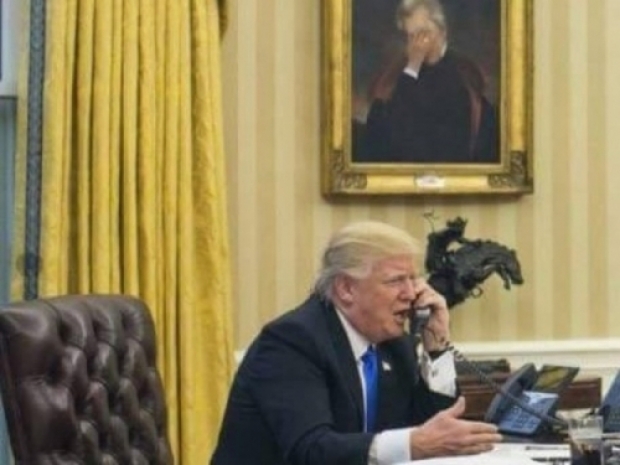The lawsuit was brought in June by the Center for Democracy and Technology (CDT), a Washington-based tech group funded by Facebook, Google and Twitter. It marked the first major legal test of President Donald Trump’s directive to regulate platforms that dare to censor him.
It all blew up when Twitter took the rare step of fact-checking one of his tweets about mail-in voting and discovered it was completely made up. Trump threatened to scrap or weaken a law known as Section 230, which protects internet companies from litigation over content posted by users.
The lawsuit by CDT argued Trump’s social media executive order violates the First Amendment rights of social media companies, will chill future online speech and reduce the ability of Americans to speak freely online.
The administration argues that the executive order only directs government agencies, and not private companies, to act.
“The EO challenged here imposes no obligations on any private party”, said the motion filed by the Department of Justice in the US District Court for the District of Columbia.
“It directs executive officials to take steps that could lead various agencies to examine ... allegations that large social media online platforms have displayed political bias in moderating content”, the motion said.
Avery Gardiner, CDT’s general counsel, called Trump’s executive order “unconstitutional”. CDT’s lawsuit argues that the White House ran foul of the First Amendment, which prohibits government officials from retaliating against an individual or entity for engaging in protected speech.
“Instead of actually trying to address the merits of the issues, and to engage in litigation that will show the severe constitutional deformities of the executive order, it is resorting to legal maneuvering,” Gardiner said on Wednesday, referring to the Trump administration’s move.
White House spokesman Judd Deere said the administration moved to dismiss the case because “it is not a valid legal argument. The left-wing lobbying organiaation’s brief seems to suggest it doesn’t understand how administrative action works or possibly that it doesn’t understand the nature of the judicial system”, he said.
Twitter called the executive order a “reactionary and politicised approach to a landmark law”. It declined comment on the CDT lawsuit. Google and Facebook did not respond to requests for comment.




